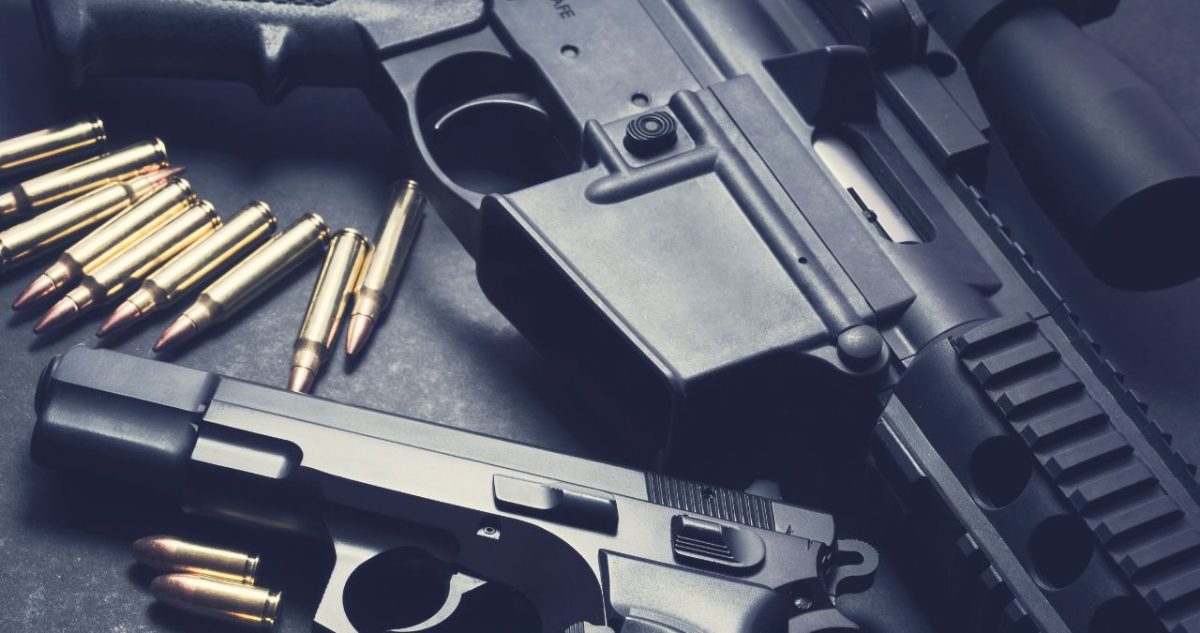Illinoisans Have Days to Register Banned Firearms Based on Emergency Rules

![]()
Illinoisans Have Days to Register Banned Firearms Based on Emergency Rules (via The Center Square) — In less than two weeks, Illinoisans found in possession of banned semi-automatic firearms without registering with Illinois State Police could face criminal penalties.
The law banning the sale and possession of more than 170 semi-automatic firearms and magazines over certain capacities was enacted on Jan. 10. Emergency rules for the registry were filed Sept. 15. The rules have not been finalized by the Joint Committee on Administrative Rules.
A federal judge has yet to release a ruling on whether to delay Illinois’ gun ban registry. Southern District of Illinois federal Judge Stephen McGlynn heard oral arguments in the case Tuesday. He said he’s inclined to not issue an injunction delaying the Jan. 1 registration deadline, but hadn’t made up his mind. Before adjourning, he said he would issue a ruling promptly. He did not issue a ruling by Friday evening.
Earlier in the day Friday, plaintiffs replied to the state’s motion to dismiss the case. Plaintiffs are seeking a delay in the Jan. 1 deadline while the case plays out on the merits. They argued the rules are too confusing and won’t be finalized until after the registration deadline.
“As the Illinois State Police continue to tinker with as yet unfinalized regulations governing numerous vague terms, Plaintiffs believe it is impossible for gun owning residents of Illinois to have proper notice, and the upcoming registration deadline could cause dramatic problems,” plaintiffs said. “The State has thus far not offered any extensions to that deadline even as it, in Kafkaesque fashion, will not adopt final registration rules until after the deadline has passed. ”
On Thursday, Gov. J.B. Pritzker said he expected the rules to be finalized after the deadline.
“Remember that the permanent rules are coming,” Pritzker said when asked how the state can enforce a law with unfinished rules. “There’s another meeting coming in JCAR in January.”
Those found out of compliance could face criminal penalties.
“And nobody is getting charged or arrested,” Pritzker said. “The first commission of a violation is a misdemeanor if it even gets charged. The second violation however is a felony.”
Some state’s attorneys and sheriffs across the state said they won’t make enforcement of the gun ban and registry a top priority.
For the case where the U.S. Supreme Court denied an emergency injunction Thursday, National Association for Gun Rights Executive Director Hannah Hill said they hope to file a full appeal before the mid-March due date.
“When legislators, state legislators are elected that routinely and deliberately trample on the people’s rights, the court remedies are very slow and they’re very uncertain as we have seen,” Hill told The Center Square.
Pritzker explained why he thinks the registry is necessary.
“You want to make sure that you know where those very, very deadly weapons are, who owns them, when and if a crime is committed with one of them,” Pritzker said.
The governor also said people are registering “automatic” firearms and “high speed, high capacity” magazines. But, the registry is for semi-automatic firearms the state banned and while magazines over certain capacities are banned, they don’t have to be registered.
Hill said too often, those seeking to ban commonly owned firearms rarely know anything about them.
“The more they talk about it the more they portray a woeful ignorance about the Second Amendment and about the actual arms that are in question,” Hill said.
Hill said the U.S. Supreme Court denying their motion for an emergency injunction doesn’t impact their ability to continue challenges against the law on the merits.
Since the registry opened on Oct. 1, Illinois State Police show 6,141 individuals have disclosed they own a banned firearm, attachment or ammunition. That’s 0.25% of the more than 2.4 million Firearm Owners ID card holders in Illinois.








Responses